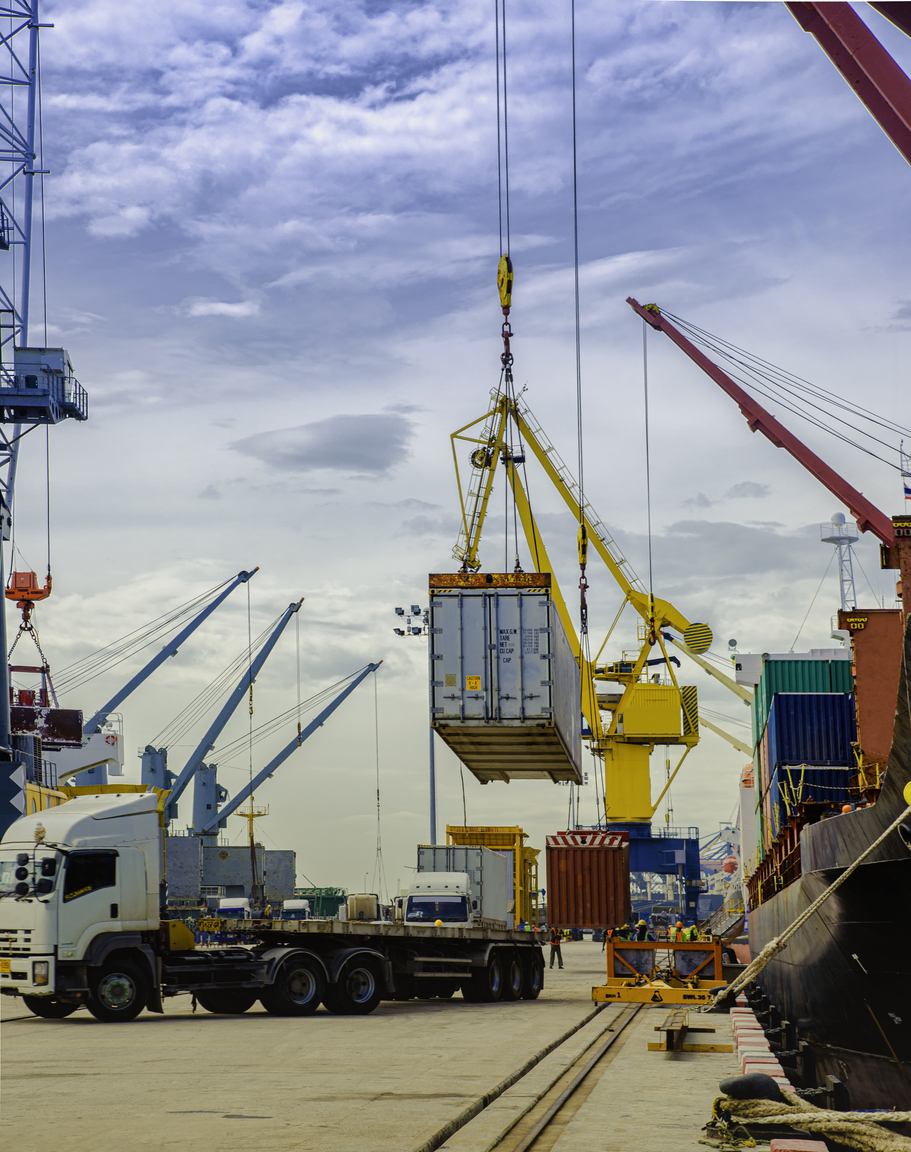Maritime Law on Land in Nigeria: Exploring the Legal Framework and Implications
Maritime law, also known as admiralty law, governs activities related to commerce and navigation on oceans, seas, and other navigable waters. In Nigeria, the reach of maritime law extends beyond the water to land-based activities connected to shipping, trade, and maritime operations. This intersection creates unique legal considerations for businesses and individuals operating within the maritime sector.
In this article, we examine how maritime law applies to land-based activities in Nigeria, its implications, and how Wigmore Trading helps businesses navigate these regulations.
What is Maritime Law?
Maritime law is a specialized branch of law that regulates:
- Shipping and navigation.
- Maritime trade and commerce.
- Rights and responsibilities of parties involved in maritime operations, such as shipowners, charterers, and cargo owners.
In Nigeria, maritime law is governed by several key statutes, including:
- The Merchant Shipping Act 2007.
- The Nigerian Ports Authority Act.
- The Cabotage Act 2003.
- International conventions ratified by Nigeria, such as the International Maritime Organization (IMO) treaties.
How Maritime Law Extends to Land in Nigeria
1. Cargo Handling and Storage
Maritime law covers activities on land that are integral to shipping, such as loading, unloading, and storing cargo at ports or warehouses.
- Legal Implication: Disputes over cargo damage or delays during these processes often fall under maritime law jurisdiction.
2. Port Operations
Port-related activities, including terminal operations, port fees, and dockworker services, are regulated under maritime law.
- Legal Implication: Contracts and disputes arising from these activities are adjudicated under maritime law principles.
3. Customs and Trade Compliance
Goods imported or exported via maritime transport are subject to customs regulations, which intersect with maritime law in areas such as documentation and liability for non-compliance.
- Legal Implication: Importers/exporters may face legal action under maritime law for breaches of customs obligations.
4. Inland Transportation
The movement of goods between ports and inland destinations is also connected to maritime law if it involves disputes related to multimodal transport agreements.
- Legal Implication: Claims for cargo loss or damage during inland transport linked to maritime shipping may fall under admiralty jurisdiction.
5. Maritime Employment
Maritime law governs the rights and responsibilities of seafarers and port workers, including contracts, wages, and working conditions.
- Legal Implication: Labor disputes involving these workers may be adjudicated under maritime law.
Key Nigerian Authorities Overseeing Maritime Activities
- Nigerian Maritime Administration and Safety Agency (NIMASA)
- Oversees maritime safety, seafarer welfare, and environmental compliance.
- Nigerian Ports Authority (NPA)
- Manages and regulates port operations and infrastructure.
- Federal High Court
- Handles disputes falling under maritime law, including those connected to land-based activities.
- Customs and Excise Department
- Regulates import/export processes and compliance with customs laws.
Challenges of Maritime Law on Land in Nigeria
1. Overlapping Jurisdictions
Determining whether a dispute falls under maritime law or general law can be complex, especially for land-based activities indirectly linked to maritime operations.
2. Regulatory Compliance
Businesses must navigate a web of maritime, customs, and trade laws, which can lead to legal risks if not properly managed.
3. Limited Awareness
Many stakeholders are unaware of the extent to which maritime law applies to land-based operations, resulting in non-compliance.
4. Enforcement Issues
Enforcing maritime law for inland disputes, such as those involving multimodal transport, can be challenging due to infrastructure and jurisdictional constraints.
Opportunities for Businesses Under Maritime Law
1. Trade Facilitation
Maritime law ensures fair practices and smooth operations, creating opportunities for businesses involved in international trade.
2. Multimodal Transport
Integrating maritime and land transport under consistent legal frameworks can streamline logistics and reduce disputes.
3. Port Efficiency
Clear regulations on port operations and cargo handling can enhance efficiency and profitability for logistics businesses.
How Wigmore Trading Helps Navigate Maritime Law
Wigmore Trading provides expert support to businesses operating in Nigeria’s maritime sector, helping them manage both maritime and land-based legal considerations.
1. Regulatory Compliance
We ensure your business complies with Nigerian maritime, customs, and trade laws, reducing legal risks.
2. Dispute Resolution
Our team assists with resolving disputes related to cargo handling, port operations, and multimodal transport.
3. Logistics Management
We coordinate shipping, warehousing, and inland transportation to ensure seamless operations and compliance.
4. Documentation Support
We handle the preparation and submission of required documents, such as bills of lading, cargo manifests, and customs declarations.
Conclusion
Maritime law in Nigeria extends beyond water-based activities to include land operations connected to shipping and trade. Understanding its implications is crucial for businesses involved in cargo handling, port operations, and multimodal logistics.
Wigmore Trading offers tailored solutions to help businesses navigate Nigeria’s maritime legal framework and streamline their operations. Contact us today to learn how we can support your shipping and logistics needs.






Comments are closed.